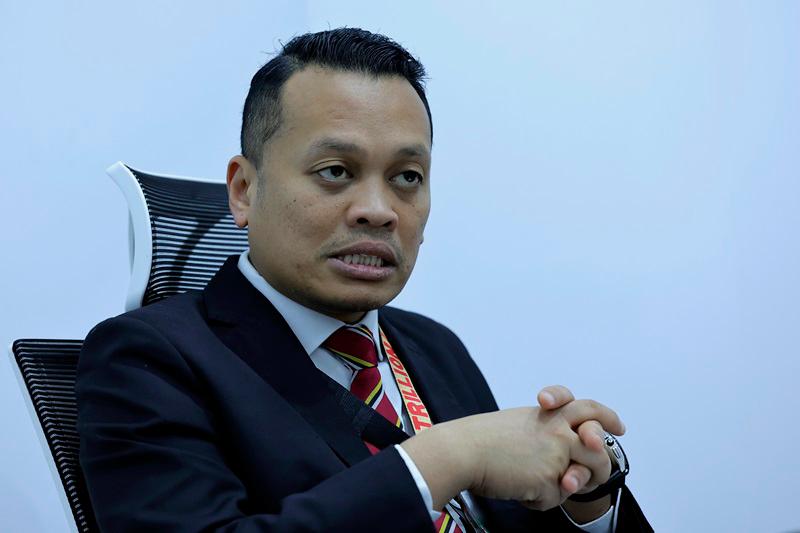KUALA LUMPUR: ASEAN is on track to become the world’s fourth-largest economy by 2030, but growth must be inclusive to ensure that all communities benefit, said Natural Resources and Environmental Sustainability Minister, Nik Nazmi Nik Ahmad.
He noted that while major urban centres like Kuala Lumpur, Bangkok, and Jakarta have high gross domestic product (GDP) levels, many areas across ASEAN still face significant challenges, including limited access to electricity, education, and economic opportunities.
“We are currently the fifth-largest economy, but the forecast is that by 2030, ASEAN could rise to fourth place.
“The challenge is not just achieving this milestone but also harnessing our economic strength to drive sustainable and equitable development for all,“ he told reporters after attending the ASEAN Youth Economic Forum (AYEF) 2025 here today.
Nik Nazmi stressed that economic progress should not be measured solely by overall GDP growth but by how well it improves the lives of people across ASEAN, particularly those in rural and underdeveloped regions.
“It is not enough to say we are the fourth-biggest economy if many still lack access to basic necessities, such as education, electricity, and equal opportunities for women. These issues must also be addressed,“ he said.
Earlier in his address, Nik Nazmi said if ASEAN were to act independently rather than as a unified bloc, the region would have a limited impact on global affairs.
“We are trying, for example, to come together as an ASEAN bloc at the 2025 United Nations Climate Change Conference (UNFCCC COP 30) to adopt a unified position on climate change.
“What works in Malaysia will most likely work most of the time—though not always—in Indonesia, Singapore, or the Philippines as we come from the same region, share cultural and economic similarities, and have comparable structures, among other factors,” he said.
AYEF 2025, held from February 14-16 at the Swiss Garden Hotel in Bukit Bintang, serves as a platform for young leaders from ASEAN and Japan.
Under the theme “Climate Change and Building a Climate-Resilient Economy”, the forum brings together policymakers, industry leaders, and youth delegates to discuss strategies for strengthening economic resilience in the face of climate change.









